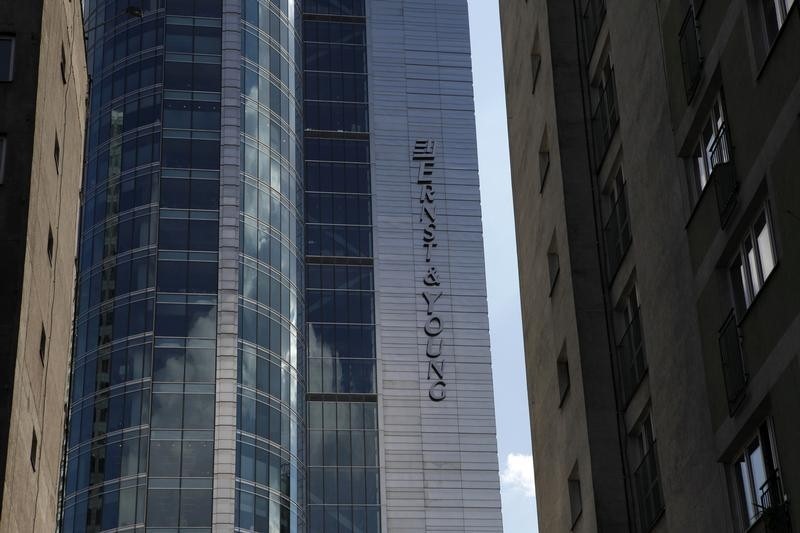
ISTANBUL (Reuters) – Some Turkish banks are concerned that a “bad bank” plan to house billions of dollars of non-performing loans could require them to book large losses, and they want foreign stakeholders involved, seven industry sources told Reuters.
Ernst & Young handed its blueprint for creating an asset management company (AMC) to Turkish bankers last week, three of the sources said, prompting a mixed reaction.
“It’s early right now to talk about it, but we are not willing to be a part of this project,” one senior banker said.
The bad debt problem has been simmering for nearly two years and any further delay in resolving it could leave Turkey’s economy more vulnerable ahead of an expected wave of loan losses resulting from the coronavirus crisis.
One argument for creating a bad bank, a path pursued by other countries to clean up after the global financial crisis, is that it frees up bank balance sheets to lend to new projects or businesses and can therefore encourage economic recovery.
At $22 billion, Turkey’s non-performing loans (NPLs) have remained high since a 2018 currency crisis laid bare the heavy reliance of construction and energy companies on foreign debt.
With Turkey’s normally fast-growing economy expected to contract by as much as 5% this year, S&P Global Ratings forecasts that its NPL ratio could rise as high as 12% by 2021, from 4.5% at present.
Turkey’s Banking Association confirmed the report, which it had commissioned, had been completed and sent to banks, but gave no detail. EY declined to comment.
Although details of EY’s proposal including the role Ankara might play were unclear, Turkish banks would be expected to shift some of their NPLs into the AMC and jointly manage it.
“If the difference between the book value and the transfer price is significant then some of the banks may opt not to participate,” Filippo Alloatti, a senior analyst at Hermes Investment Management, said.
Another top banker said there were “different opinions between lenders”, with some seeing no value in transferring their NPLs, while others said ensuring only modest losses on the loans would be crucial to get banks on board.
Turkish banks mark the value of loans on their books to maturity, making provisions for them depending on how badly impaired they are, effectively how likely a borrower is going to repay or the bank is going to be able to recoup the money.
Turkey’s Finance Minister Berat Albayrak last week endorsed the AMC concept after other proposed solutions were shelved by Ankara last year.
Another factor which could help decide whether banks decide to participate in the bad bank is the involvement of stakeholders such as the European Bank for Reconstruction and Development (EBRD) and the International Finance Corporation.
The EBRD supported the bad-bank initiative, as well as other solutions, to address Turkey’s “urgent” NPL issue after much delay, Catherine Bridge Zoller, senior counsel in the EBRD’s financial law unit, told Reuters.
However, all industry and government stakeholders must coordinate to adopt regulatory and legal changes that would open the market to foreign investment, Zoller added.



